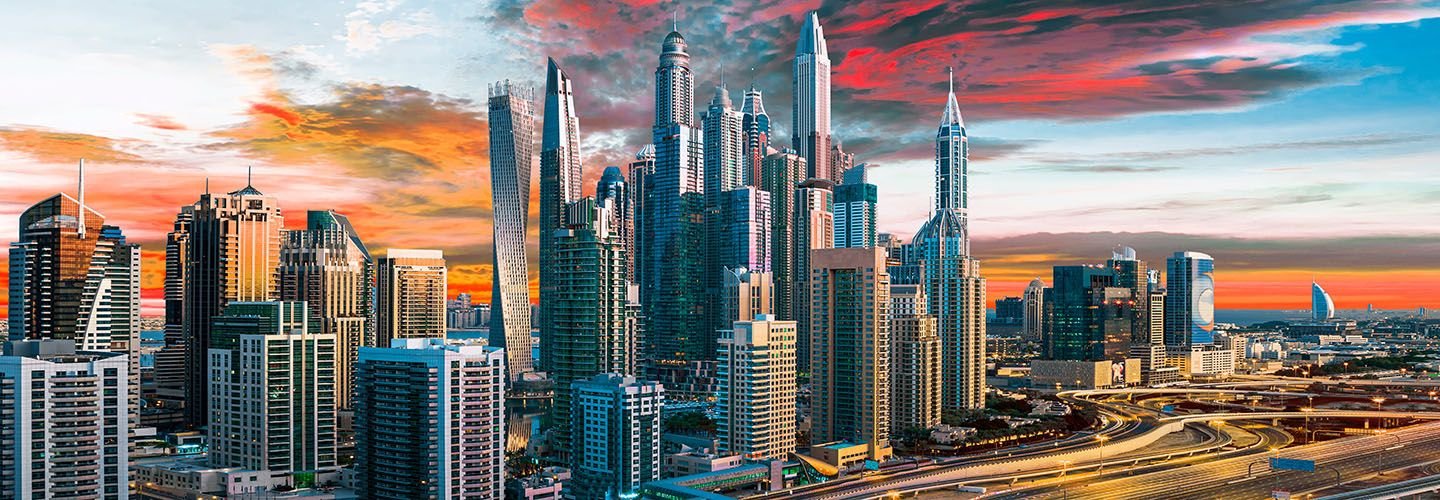The Role of Arbitration in Commercial Dispute Legal Representation in UAE
The United Arab Emirates (UAE) has become a major business hub, especially for international trade and investment. With this growth, commercial disputes are also becoming more common. Instead of going to court, many businesses now choose arbitration as a way to settle these disputes. Arbitration is a quicker and more private method of resolving disagreements between companies. It plays a big role in the legal system of the UAE, especially when it comes to commercial matters.
What is Arbitration?
Arbitration is a process where two or more parties agree to solve their dispute outside of the court. They choose one or more neutral people called arbitrators, who listen to both sides and then make a final decision. This decision is known as an arbitral award, and it is legally binding on both parties. In short, it’s like a private court, but much more flexible.
In the UAE, arbitration is governed by Federal Law No. 6 of 2018, which is based on international standards. This law helps make arbitration more modern and fair, following the same practices used in many other countries.
Why Do Businesses Prefer Arbitration in the UAE?
There are many reasons why companies in the UAE choose arbitration instead of going to court:
- Privacy: Arbitration is private. Court cases are usually public, but arbitration keeps the details of the case confidential. This is helpful for companies who don’t want their business issues to become public.
- Faster Process: Court cases can take years. Arbitration is usually faster because the parties can agree on the schedule and don’t have to follow the long court procedures.
- Expert Arbitrators: In arbitration, the parties can choose arbitrators who have special knowledge of the industry. For example, in a construction dispute, they can choose someone who understands construction work.
- Global Enforcement: The UAE is a part of the New York Convention, which means that arbitration awards made in the UAE can be enforced in over 160 countries. This is very useful for international businesses.
- More Control: Arbitration allows the parties to decide many things themselves, like the number of arbitrators, the place of arbitration, and the language. This is not possible in regular courts.
Importance of Legal Representation in Arbitration
Even though arbitration is not the same as going to court, legal representation is still very important. Having a good lawyer can make a big difference in how the case goes and whether the party wins.
Here are the main roles that legal representatives play in arbitration:
- Explaining the Process
Arbitration has different rules than courts. A lawyer who knows arbitration can guide the client from the beginning—how to start the process, what documents to file, and how to present the case properly.
- Drafting Arbitration Clauses
Most commercial contracts in the UAE have arbitration clauses. These clauses say that if a dispute happens, it will be solved through arbitration. A lawyer makes sure this clause is written correctly, so it cannot be challenged later.
- Choosing the Right Arbitration Center
The UAE has several well-known arbitration centers like:
- DIAC (Dubai International Arbitration Centre)
- ADCCAC (Abu Dhabi Commercial Conciliation and Arbitration Centre)
- DIFC-LCIA (now merged into DIAC)
A lawyer helps choose the right centre depending on the type of business, the location of the parties, and the nature of the dispute.
- Managing Evidence and Witnesses
Lawyers help in collecting and presenting documents, arranging expert witnesses, and preparing the arguments. They make sure that the case is presented in the best possible way, both factually and legally.
- Enforcement of Awards
Once the arbitrator gives a decision, it is considered legally binding. If the other party does not follow the award, the lawyer can take the matter to the UAE courts to get it enforced. This step requires legal knowledge and careful handling.
Challenges That Still Exist
While arbitration is very useful, there are still some problems that parties may face:
- Costs Can Be High: Arbitration is faster, but it can still be expensive, especially if the dispute is complex or if international lawyers are involved.
- Delays in Enforcement: Even after winning the case, the party might face delays if the losing party tries to avoid enforcement by raising objections in court.
- Lack of Awareness: Some businesses, especially smaller ones, may not fully understand how arbitration works. They might not know how to draft proper arbitration clauses or choose the right legal support.
Conclusion
To sum it up, arbitration in the UAE has become a very effective and preferred method for resolving commercial disputes. It saves time, keeps matters private, and gives more control to the businesses involved. It also works well for international disputes because of its global recognition.
However, for arbitration to work smoothly, legal support is a must. A good lawyer helps with everything—from writing the arbitration clause, guiding through the process, to making sure the final decision is enforced properly. As business in the UAE continues to grow, arbitration will remain a key tool in solving disputes in a fair and professional way.

Sweety Tuli is a legal content writer at Legallands.com, specializing in corporate advisory, legal research, and strategic business compliance. Her work focuses on simplifying complex legal concepts for entrepreneurs, investors, and professionals navigating multi-jurisdictional frameworks, particularly across India and the UAE.
With a keen understanding of corporate law, regulatory affairs, and policy reforms, Sweety contributes insightful analyses on topics such as company formation, CEPA-driven trade policies, taxation frameworks, intellectual property, and digital compliance.
She is passionate about bridging the gap between legal interpretation and business practicality—helping organizations align their operations with legal governance, ethical standards, and global best practices.
Through her articles at LEGALLANDS LLP, Sweety aims to make legal knowledge more accessible, strategic, and actionable for businesses operating in a rapidly evolving regulatory environment.


